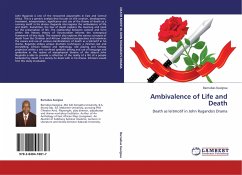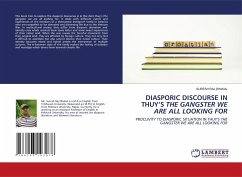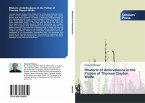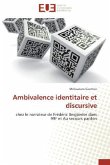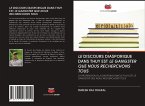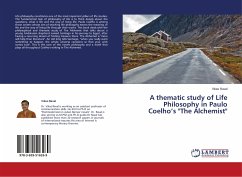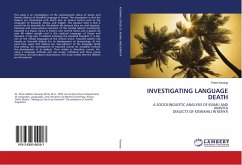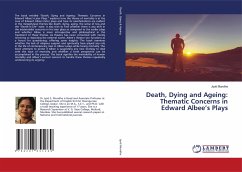John Ruganda is one of the renowned playwrights in East and Central Africa. This is a generic analysis that focuses on the creation, development, treatment, interpretation, significance and use of the theme of death as a running motif in his drama. Ruganda interrogates the ambivalence of life and death. Sometimes, the fear of death explains the meaning and need for the preservation of life. The relationship between content and form within the literary theory of Structuralism informs the conceptual framework of this study. This research also explores the various concepts of death from the Christian and African traditional perspectives and examines the causes and use of various manifestations of death as a leitmotif in his drama. Ruganda utilizes unique dramatic techniques: a minimal cast and storytelling, African folklore and mythology, role playing and fantasy projection within a one confined symbolic setting and use of language and symbolism in the realms of metaphysical theatreof the absurd. John Ruganda is able to provide a reflection of the reality of a life of a people bedeviled by death in a society he deals with in his drama. Scholars would find this study invaluable.
Bitte wählen Sie Ihr Anliegen aus.
Rechnungen
Retourenschein anfordern
Bestellstatus
Storno

